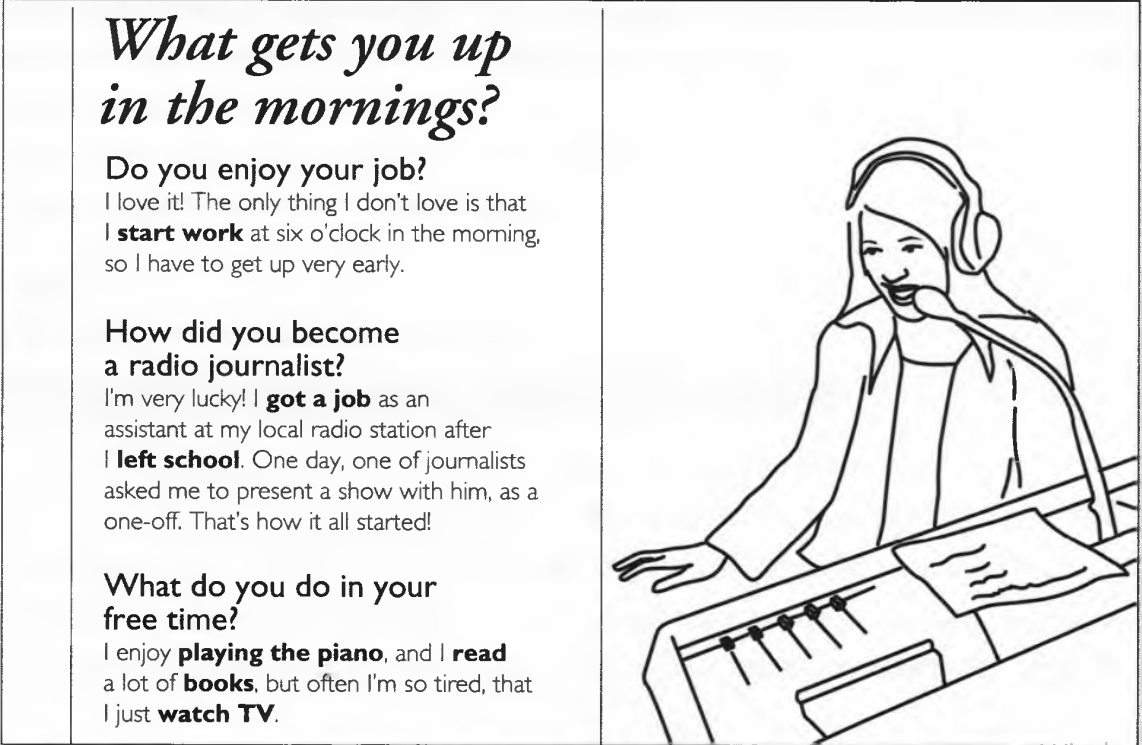Collocations
Collocations are words that go together in a natural way. When you learn a word, you need to learn the words that go with it to make a sentence.
Many collocations are formed with a verb and a noun. It is very important to use the right verb, and a good dictionary will help you with this.
For example, you say watch TV, NOT see TV or look at the TV
Here are some other useful collocations formed with a verb and a noun:
I have a shower before breakfast.
We usually have dinner at eight o’clock.
I left school when I was 16.
I love playing football.
There are also other kinds of collocations. Here are some more useful ones:
What do you do in your free time? (adjective + noun)
I ’ll give you my phone number, (noun + noun)
When did you get married? (verb + adjective)
It’s time to go home, (verb + adverb)
Look at the different collocations:

Words that are used together
capital letter (n) A capital letter is the form of a letter that is written at the beginning of a sentence.
email address (n) An email address is the letters and symbols you need to send an email to someone.
fast food (n) Fast food is hot food that is served quickly in a restaurant.
free time (n) Free time is the time you have when you are not working or studying and can do what you like.
full stop (n) A full stop is the mark (.) used in writing at the end of a sentence when it is not a question or an exclamation.
get married (v) If you get married, you become someone's husband or wife.
go to work (v) If you go to work, you go somewhere to do your job.
phone number (n) Your phone number is the number that people use to call you on the phone.
question mark (n) A question mark is the mark (?) that is used in writing at the end of a question.
1-Rearrange the letters to find words. Use the clues to help you.
3- Put the correct word in each gap.
4- Complete the sentences by writing one word in each gap.
5- Which sentences are correct?
6- Complete the sentences by writing a phrase in each gap.